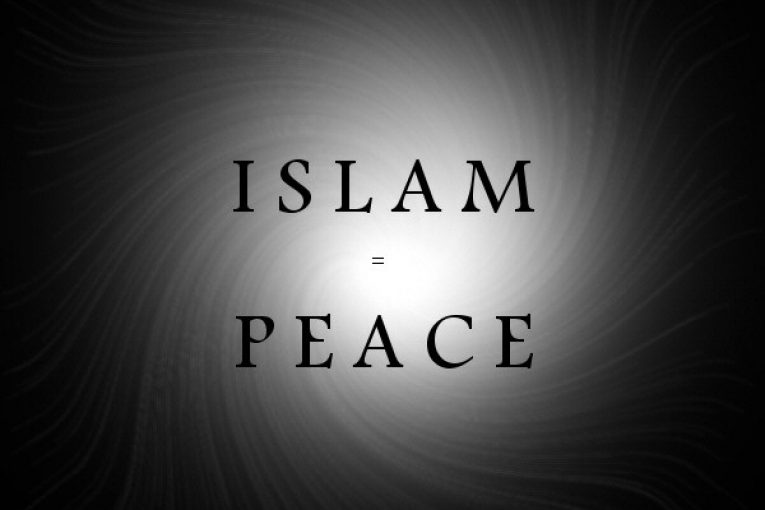
اعداد : د. ديمة أبو لطيفة – أستاذ مساعد كلية العلوم الإنسانية – جامعة الاستقلال – فلسطين
- المركز الديمقراطي العربي
- المجلة الدولية للدراسات التربوية والنفسية : العدد السادس عشر آذار – مارس 2022 ,المجلد 4 وهي فصلية دولية محكّمة تصدر عن المركز الديمقراطي العربي ألمانيا – برلين.
- تعنى بنشر الدراسات والبحوث في ميدان العلوم التربوية والعلوم النفسية والأرطفونيا، وكل ما له علاقة بالبحوث والدراسات التربوية والنفسية باللغات العربية والانجليزية.
للأطلاع على البحث من خلال الرابط المرفق :
ملخص:
لقد تميز الفكر الإسلامي في كل ما يخص التنظيمات الاجتماعية والسياسية والاقتصادية، بمرونة هائلة في التوفيق بين الأصول الكلية، والقواعد العامة للشريعة الإسلامية، وبيان المصالح التي يهدف الإسلام إلى تحقيقها، من خلال المحافظة على المقاصد العامة للشريعة والتعمق في فقه الواقع والمآل، وفي الوقت ذاته تحتل مسألة التجديد في الخطاب الديني مساحة جدل ونقاش دائر بين علماء الدين، والسياسة،على اعتبار الإسلام نظام مرن، قابل للتطوير والتجديد حسب احتياجات الناس، وهذا ما تقتضيه طبيعة الشريعة الخالدة التي جعلها الله صالحة لكل زمان ومكان، فلا ينضب معينها، ولا ينفذ عطاؤها، فهي تفي بحاجات كل عصر، ومتطلبات كل دهر بفضل اجتهاد أهل العلم في ذلك، استناداً إلى النصوص تارة، أو قياساً واجتهاداً تارة أخرى.
وما أحوج أمتنا اليوم إلى جهد علمي أصيل متجدد، يسوق إلى تحرير الأمّة من الفكر الأحادي، والاستبداد السياسي، ولا سبيل إلى إنهاء الطغيان الذي استفحل إلا ببسط معاني العدل والحرية، وفسح المجال أمام حركات الإسلام السياسي للتجديد في خطابها الديني، ويتطلب ذلك إعادة بناء هذا الخطاب، وتطوير الوسائل والأساليب بما يحقق مقاصد الشرع، ويلبي حاجات الواقع، مع الاستفادة من مختلف الخبرات والتجارب البشرية الناجحة، دون الاكتفاء بتقليد الموروث، ومن غير تهافت وانسياق وراء الحضارة الغربية بلا تمحيص وتبصّر، لذلك عمدت الباحثة لدراسة مسألة التجديد في الخطاب الديني لدى حركات الإسلام السياسي بين الأيديولوجيا والبراغماتية، وتسليط الضوء على حركة النهضة في تونس، واعتمدت الباحثة منهجية البحث الوصفي، وذلك من خلال إجراء المسح المكتبي (الاستقرائي التحليلي) في سبيل بناء الإطار النظري مع إضفاء طابع التحليل النقدي لبعض النصوص الواردة فيه. وذلك من خلال الإجابة عن السؤال الرئيسي الآتي: ما المقصود بمفهوم التجديد في الخطاب الديني لدى حركات الإسلام السياسي.
Abstract
Islamic thought has been characterized by enormous flexibility in reconciling the universal origins, the general rules of Islamic law, and the statement of interests that Islam aims to achieve, by preserving the general purposes of sharia and deepening the jurisprudence of reality and destiny, while at the same time the issue of renewal in religious discourse occupies the space of debate and debate between religious scholars and politics, considering Islam as a flexible system, scalable and renewed according to the needs of the people, as the nature of sharia is visible. The timelessness that God has made fit for all time and place, does not exhaust its particular, and does not implement its giving, it meets the needs of each era, and the requirements of every time thanks to the jurisprudence of the scholars in this, based on the texts at times, or measure and diligence at other times. What our nation needs today is an authentic and renewed scientific effort, which leads to the liberation of the nation from unilateral thought, political tyranny, and there is no way to end the tyranny that has increased only by simplifying the meanings of justice and freedom, and to allow the movements of political Islam to renew in their religious discourse, and this requires rebuilding this discourse, developing means and methods to achieve the purposes of Islam, and meet the needs of reality, while benefiting from various successful human experiences and experiences, without merely imitating the heritage, without recklessness and harmony behind Western civilization. Without scrutiny and foresight, the researcher studied the issue of renewal in religious discourse among the movements of political Islam between ideology and pragmatism, and highlighted the Renaissance movement in Tunisia, and the researcher adopted the methodology of descriptive research, through the conduct of the office survey (analytical inductive) in order to build the theoretical framework while giving critical analysis of some of the texts contained in it. This is by answering the main question: What is the concept of renewal in religious discourse among political Islam movements.
